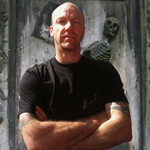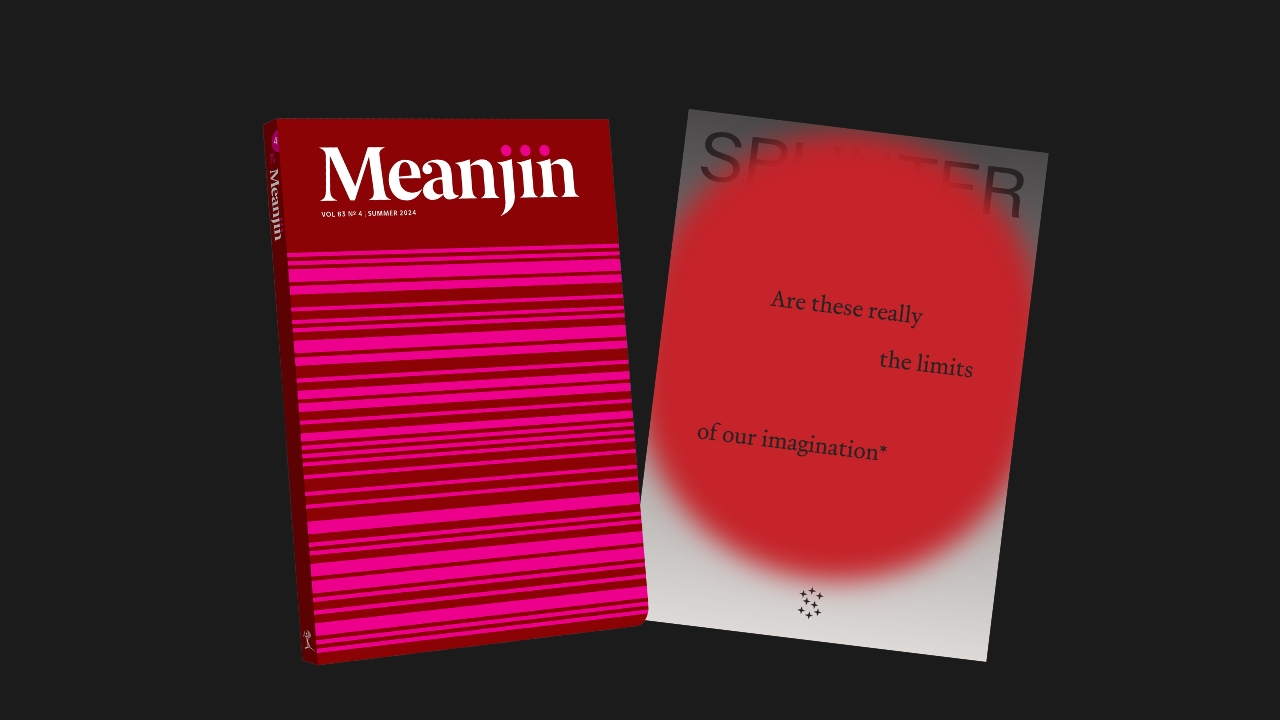You’ve heard the old adage, I’m sure. Write what you know. That’s all very well, but it’s actually a terrible piece of advice. After all, we all know some stuff, but not much in the grand scheme of things. And if we only write what we know, we’ll soon run out of things to write about. Besides that, one of the things I enjoy most about writing is the excuse it gives me to learn new stuff. For example, I’ve never been in a cult, but when I was writing MageSign I needed to understand how cults work as they were integral to the novel’s plot. So I went off to study all about them and learned a lot. Having a psychiatrist for a mother-in-law is generally about as much fun as it sounds, but in this instance it proved invaluable.
So the adage should really be: Write what you know or learn about things before you write them. But that’s nothing like the pithy soundbite people like to share as if it’s some gem of wisdom. Research is an essential and enjoyable part of writing fiction. After all, I think it was Neil Gaiman who said, “Writing fiction is hard, because it has to make sense where real life rarely does.”
Making sense is as much about knowing your details as it is about having a coherent plot and believable characters. So it’s essential that we educate ourselves on the subject matter we’re discussing. Trust me, no matter how inconsequential you think a detail might be, there’s someone out there for whom it’s a passion and they’ll be offended if you make mistakes. And there are plenty of opportunities for writers to expand their knowledge base, with workshops, online resources and so on. So writer, educate thyself. Then write some kickass fiction with the power of FACTS!
What’s your tips for writing what you “don’t know”? Share below!
Alan Baxter is a Ditmar Award-nominated British-Australian author. He writes dark fantasy, sci-fi and horror, rides a motorcycle and loves his dog. He also teaches Kung Fu. He’ll be holding a workshop at SAWC titled Write the Fight Right. Details here.








